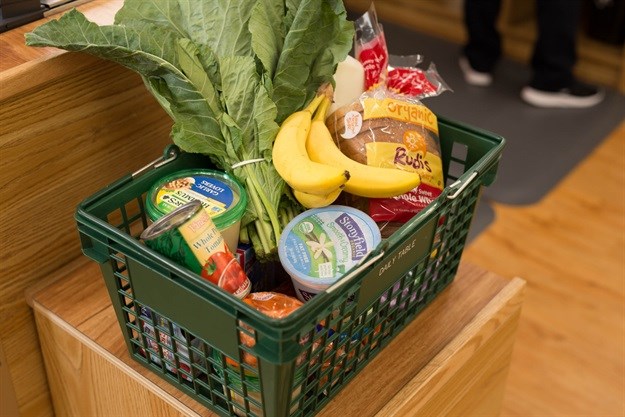
Top stories






More news

Marketing & Media
Ads are coming to AI. Does that really have to be such a bad thing?















Elon Musk in his Master Plan, Part Deux, said, “[Sustainability] is not some silly, hippy thing - it matters for everyone. By definition, we must at some point achieve a sustainable energy economy or we will run out of fossil fuels to burn and civilisation will collapse.”
Doing more with less and doing “good” is radically transforming businesses processes around the globe. In a decade from now, this trend will hit all businesses, even businesses in developing economies, head on. As connected consumers start demanding transparency and fairness from the brands they engage with, the bar will be raised. Opportunities will open for brands who aspire to conscious capitalism.
Every manager, no matter the industry, needs to be thinking and planning now for a business landscape where equal weighting will be given to financial goals, social impact and environmental obligations. Not only will doing this now help you to identify the real issues in your industry that your consumers, employees and shareholders care about, it will also make you feel a whole lot better about the impact of the work you do every day. You can look across the whole value chain for opportunities to do better: sourcing sustainable materials; minimising waste; recycling and generally improving efficiency.
When we think of environmentally damaging businesses, we don’t often think about the clothing we wear; however, the carbon footprint of the apparel industry is vast. Toxic dyes, pesticides, the use of huge amounts of natural resources in manufacturing and shipping and the waste of discarded clothes from the fast fashion trend all contribute. Eileen Fisher is a hugely successful label that is already using 84% organic cotton, 68% organic linen and is reducing water use and carbon emissions and working to make its supply chain sustainable by 2020.

The food division of outdoor clothing company Patagonia has recently launched its first sustainable beer, called Long Root Ale. Its brewed using Kernza, a more ecologically viable species of wheatgrass that preserves topsoil, uses less water than wheat, removes more carbon from the atmosphere and apparently makes a damn good beer. It is brewed at Hopworks Urban Brewery, the first brewery to be certified Salmon-Safe in disposing of waste water in a way that doesn’t harm native salmon.
The town of Kamikatsu in Southen Japan took on an ambitious zero-waste policy in 2003 which includes a drastic recycling plan which counts 34 different categories of waste. The move has not only been a great ecological success, they have cut waste disposal costs by a third. One of their most imaginative initiatives was to build what is dubbed as the world’s most environmentally friendly bar - a pub using only materials from the city’s recycling programme. The wooden interior gives it a Skandi feel, combined with a recycled bottle chandelier and wallpaper made of old newspapers. One of the exterior facades is a patchwork of windows, found in abandoned houses in the village. The bar received the Wan Award for Sustainable Buildings in 2016.
Harvard Business School has a great case study about Trader Joe’s. In 2015, the founder, Doug Rauch opened a non-profit grocery store, Daily Table, that works with suppliers who donate or offer special buying opportunities for their excess food. The food is sold at almost half the price, allowing lower income families to eat well, even on a small budget. The store is thriving and Rauch hopes that it will be the first of many to come.

These are just some of the stories of businesses who understand that sustainability is more than just a CSI initiative or a document for the annual report. It doesn’t require a strategy consulting firm to get you there. All you need is common sense, compassion and the will to get something good done.
